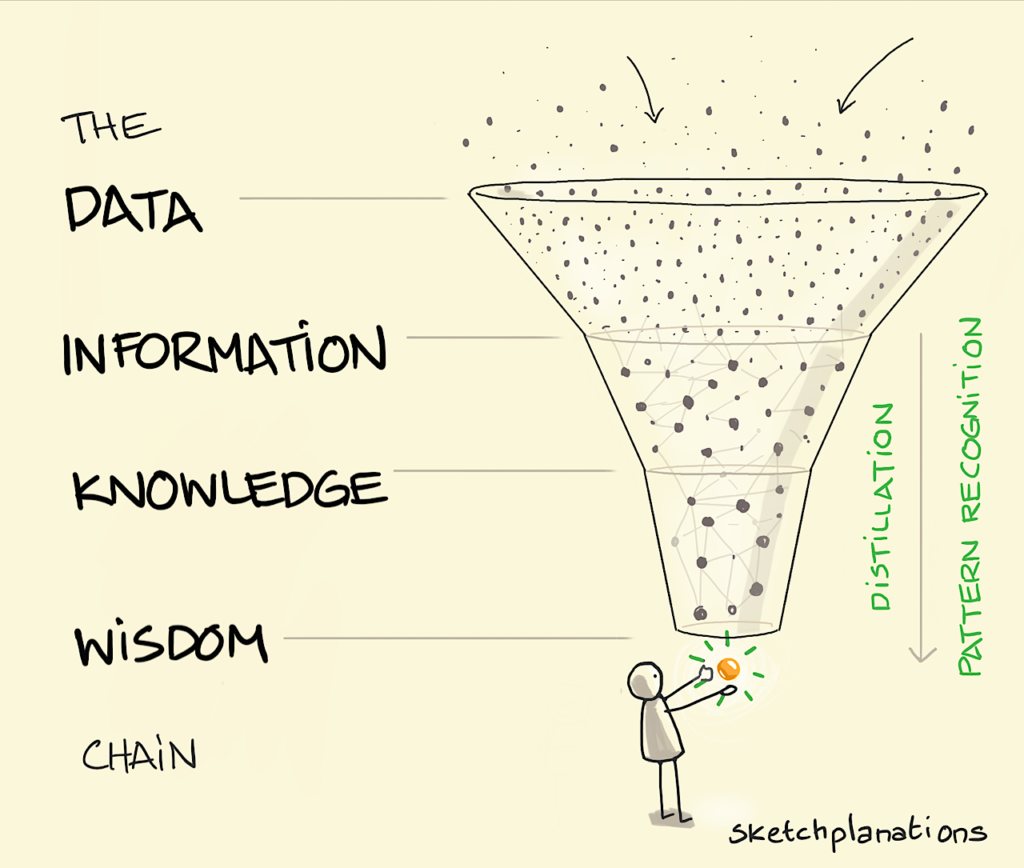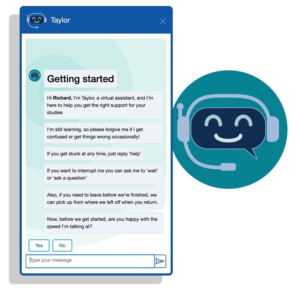After all the excitement and interest in the workshops, we have a few different strands of work happening in parallel. We’re making progress with design and prototyping activities. Alongside this, we’re focused on a common requirement of most AI-related projects – data!
A Digital Access Advisor will need to draw on a base of information to provide relevant guidance for individuals, based on what it learns about them and their studies. This could come from a range of existing sources, but we know from our previous work that there’s great potential in being able to draw on information provided by disabled students about the technologies, strategies, accessibility features, study tips, or resources they find useful.
We’re collaborating with OU colleagues to do this using nQuire, an award winning platform for engaging people in research.
If you have experience of studying with disabilities, or you work with disabled students, then we’d love you to take part or to share this widely with students so that we create a diverse and useful knowledge base.
Please go to the English language version of the mission for more information. Or, if you prefer, we’ve got a Spanish language version too!


